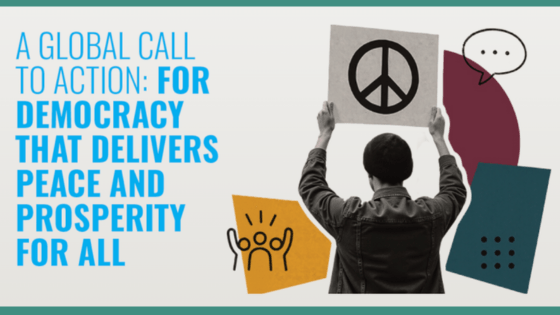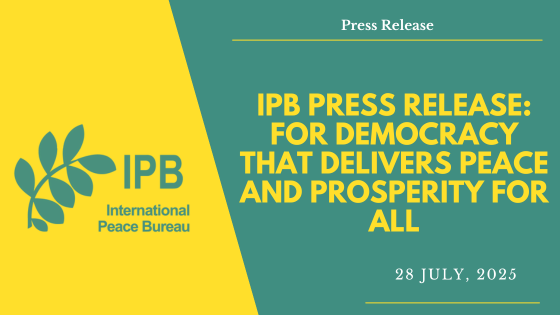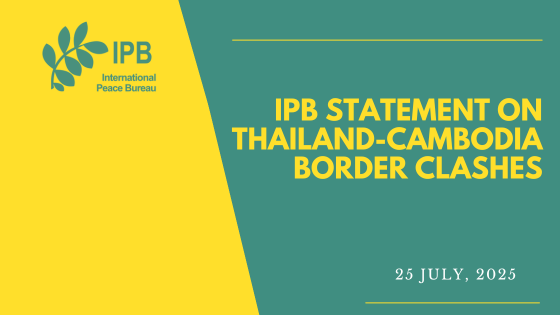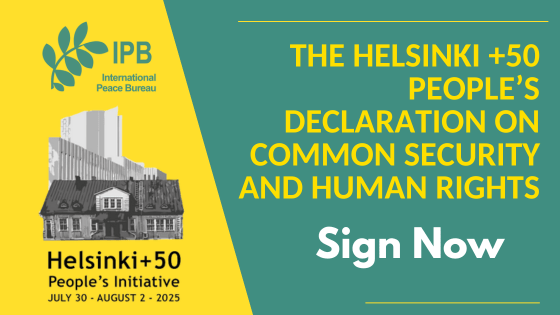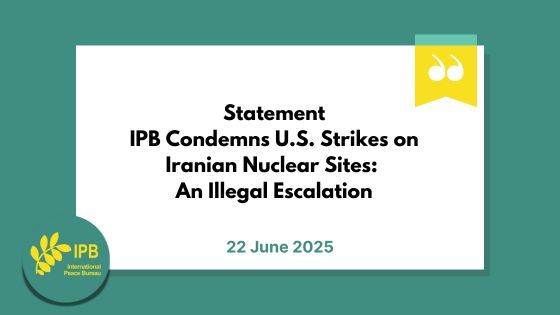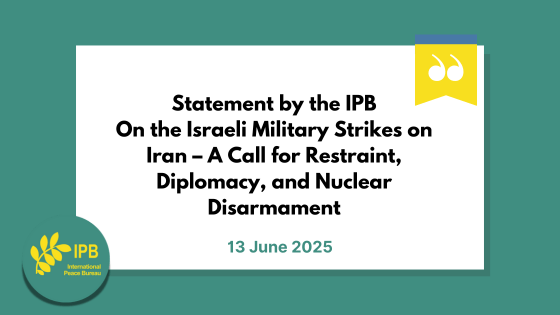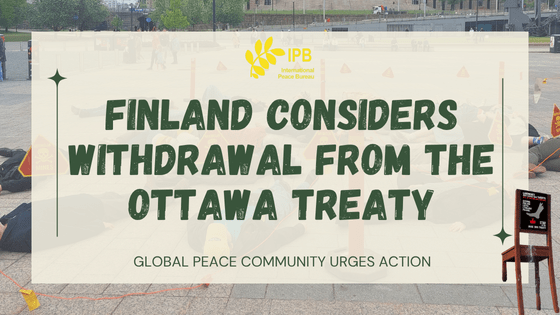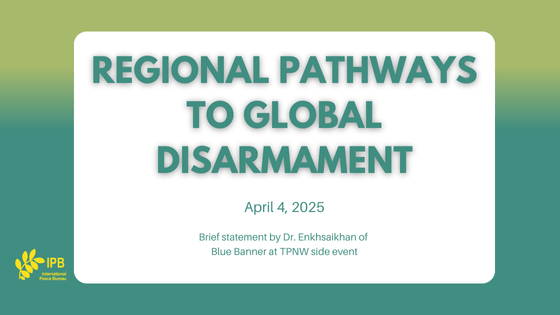The International Peace Bureau (IPB) expresses deep concern over the recent escalation of violence in Syria’s coastal regions, particularly affecting the Alawite community. This surge in conflict threatens the region’s fragile stability and underscores the urgent need for concerted international efforts to protect vulnerable populations and promote lasting peace.
On March 6, 2025, coordinated attacks were initiated by loyalists of the ousted President Bashar al-Assad against government security forces in the coastal town of Jableh. This ambush resulted in the deaths of several security personnel and marked a significant escalation in the region. In the aftermath, insurgent groups disseminated misinformation, alleging that the new government was targeting coastal communities, thereby inflaming sectarian tensions.
The government deployed reinforcements to the affected areas in response to the initial attacks. Clashes ensued, leading to severe casualties among the Alawite community, including children, the elderly, and civilians unaffiliated with the Assad regime. Between March 6 and March 8, Syria’s coastal regions, particularly the Latakia and Tartus provinces, experienced severe violence resulting in significant casualties among the Alawite community: initial estimations indicate the death of more than 1000 people, including hundreds of civilians, by extremists, foreign fighters, and Islamist groups.
- Particular areas like Banyas, rural Latakia, and rural Japleh, have faced incidents of ethnical cleansing and revenge attacks on unarmed people.
Entire families—doctors, pharmacists, teachers, and innocent infants who had yet to experience life—have been mercilessly slaughtered. These tragic events have led to mass displacement, with thousands of Alawite civilians fleeing their homes. Many sought refuge at the Russian Khmeimim Air Base in Latakia province, seeking protection from the escalating violence.
International Response
The international community has expressed deep concern over these incidents, emphasizing the need for restraint and the protection of civilians to prevent further escalation and ensure regional stability.
- United Nations: Geir Pedersen, the UN Special Envoy for Syria, has voiced alarm over the intense clashes and the resulting civilian casualties, emphasizing the imperative to protect non-combatants.
- Neighboring and global Nations: Germany has urged Syrian authorities to avoid a “spiral of violence” following recent clashes. Similarly, Jordan’s foreign ministry supported Syria’s security measures and condemned any foreign interference that could destabilize the region. Additionally, the United Arab Emirates condemned the attacks and reiterated its support for Syria’s stability, sovereignty, and territorial integrity.
- Human Rights Organizations: Various NGOs have called for immediate investigations into reports of targeted killings based on religious affiliation, highlighting the potential for these acts to constitute war crimes or crimes against humanity.
The International Peace Bureau urgently calls upon the international community to:
- Protect Civilians: Implement immediate measures to safeguard all civilians, particularly vulnerable communities such as the Alawites, from ongoing and future attacks.
- Request the Syrian Government to take responsibility and protect innocent people: The new Syrian government should take decisive actions to halt current hostilities and prevent recurrence, ensuring that security operations are conducted within the bounds of international law and with utmost respect for human rights.
- Ensure Accountability: Advocate for impartial investigations into alleged human rights violations, hold perpetrators accountable for crimes against humanity, deter future atrocities, and uphold justice.
- Promote Dialogue: Facilitate inclusive dialogue among all Syrian factions to address underlying grievances, promote reconciliation, and build a sustainable peace framework.
The international community must not stand idle in the face of such barbarity. Immediate action is imperative to protect the remaining Alawite population and to hold those responsible for these crimes accountable. The sanctity of human life and the principles of justice demand nothing less.
The IPB remains committed to supporting peace initiatives in Syria and stands in solidarity with all communities affected by this tragic conflict.

